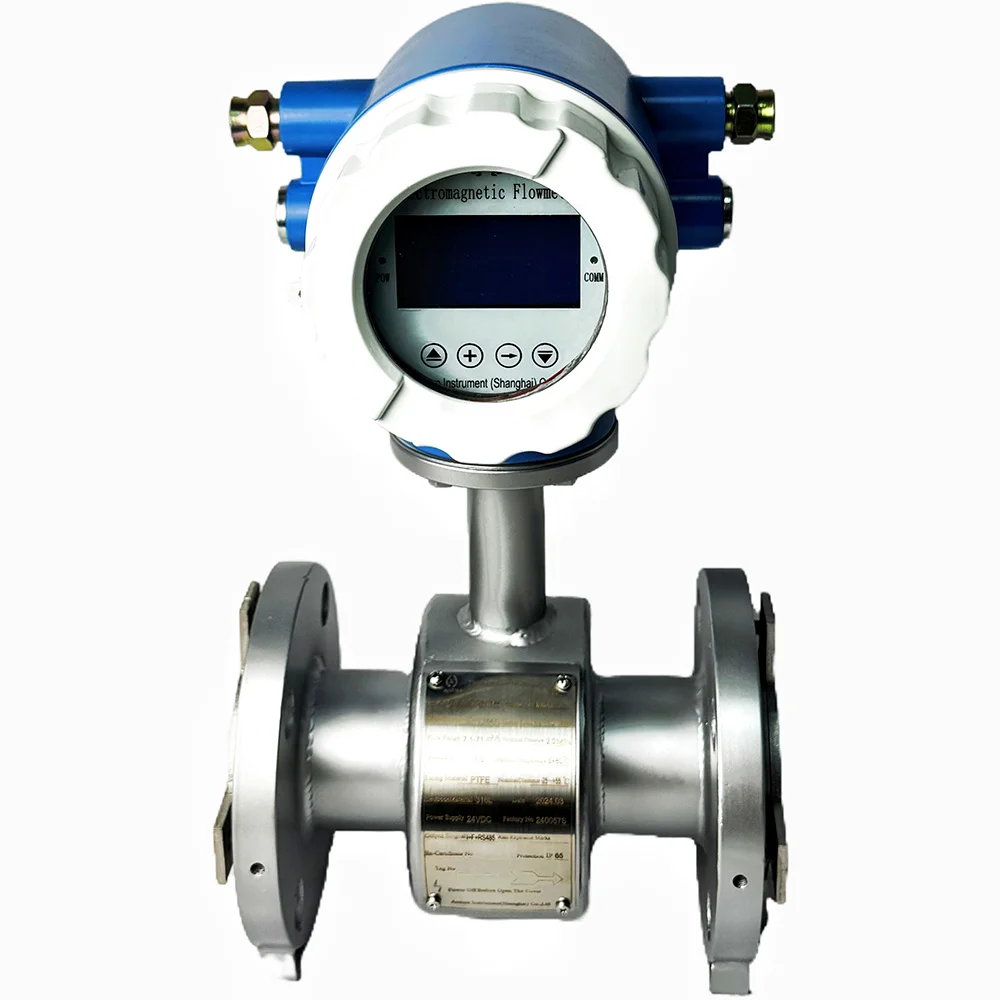Navigating the Costs of Insurance for Your Startup: A Comprehensive Guide
Starting a new business is an exhilarating journey filled with opportunities and challenges. Among the myriad of decisions entrepreneurs face, one of the most critical is understanding the cost of insurance for a startup business. Insurance not only protects your investment but also provides peace of mind as you navigate the complexities of entrepreneurship. In this article, we will delve into the various factors that influence insurance costs for startups, the types of insurance you may need, and strategies to manage these expenses effectively.
Understanding the Importance of Insurance for Startups
Before we explore the costs associated with insurance, it’s essential to recognize why insurance is vital for startups. Insurance serves as a safety net against unforeseen events that could jeopardize your business. Whether it’s a lawsuit, property damage, or employee-related issues, having the right insurance coverage can safeguard your assets and ensure business continuity.
Factors Influencing Insurance Costs
- Type of Business: The nature of your startup significantly impacts insurance costs. For instance, a tech startup may require different coverage compared to a construction company. High-risk industries typically face higher premiums due to the increased likelihood of claims.
- Location: Geographic location plays a crucial role in determining insurance rates. Areas prone to natural disasters, high crime rates, or stringent regulatory environments may lead to increased insurance costs.
- Business Size and Revenue: The size of your startup, measured by the number of employees and annual revenue, can affect your insurance premiums. Larger businesses often face higher costs due to increased exposure to risks.
- Claims History: If your startup has a history of claims, insurers may view you as a higher risk, leading to increased premiums. Conversely, a clean claims history can help you secure lower rates.
- Coverage Limits and Deductibles: The amount of coverage you choose and the deductibles you set will directly influence your insurance costs. Higher coverage limits typically result in higher premiums, while higher deductibles can lower your monthly costs.
Types of Insurance for Startups
Understanding the various types of insurance available is crucial for determining your startup's insurance needs. Here are some common types of insurance that startups should consider:
- General Liability Insurance: This is often the first line of defense for startups, covering claims related to bodily injury, property damage, and personal injury. The cost can range from $400 to $3,000 annually, depending on your business type and location.
- Professional Liability Insurance: Also known as errors and omissions insurance, this coverage is essential for service-based businesses. It protects against claims of negligence or inadequate work. Premiums can vary widely, typically ranging from $500 to $5,000 annually.
- Workers' Compensation Insurance: If you have employees, most states require workers' compensation insurance. This coverage protects against work-related injuries and illnesses. Costs depend on your industry and payroll size, averaging between $0.75 to $2.74 per $100 of payroll.
- Commercial Property Insurance: This insurance covers damage to your business property, including buildings and equipment. Costs can range from $500 to $3,000 annually, depending on the value of your assets and location.
- Cyber Liability Insurance: As cyber threats become more prevalent, this insurance is increasingly important for startups, especially those that handle sensitive customer data. Premiums can range from $1,000 to $7,500 annually, depending on the level of coverage.
Strategies to Manage Insurance Costs
- Shop Around: Don’t settle for the first quote you receive. Compare rates and coverage options from multiple insurers to find the best deal for your startup.
- Bundle Policies: Many insurers offer discounts for bundling multiple types of insurance. Consider combining general liability, property, and auto insurance to save on premiums.
- Increase Deductibles: If you have a solid financial cushion, consider increasing your deductibles. This can lower your monthly premiums, but ensure you can cover the deductible in case of a claim.
- Implement Risk Management Practices: By proactively managing risks, you can reduce the likelihood of claims, which can lead to lower premiums. This includes employee training, safety protocols, and regular maintenance of equipment.
- Review Annually: As your startup grows, your insurance needs may change. Conduct an annual review of your policies to ensure you have adequate coverage and are not overpaying for unnecessary insurance.
Conclusion
Understanding the costs associated with insurance for your startup is crucial for protecting your business and ensuring its longevity. By considering the various factors that influence insurance costs, exploring the types of coverage available, and implementing strategies to manage these expenses, you can make informed decisions that align with your startup’s unique needs. Remember, investing in the right insurance is not just a cost—it's a critical component of your business strategy that can safeguard your entrepreneurial dreams.







